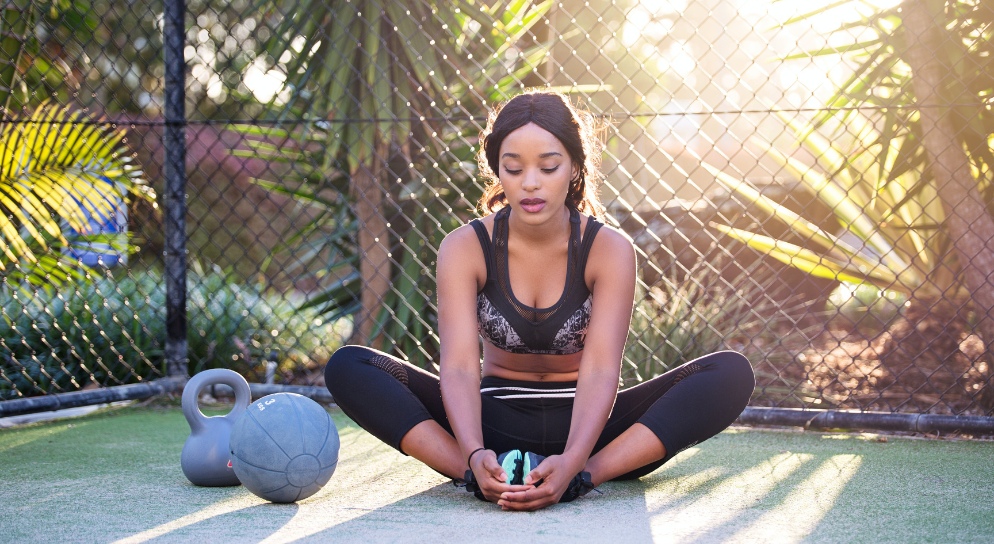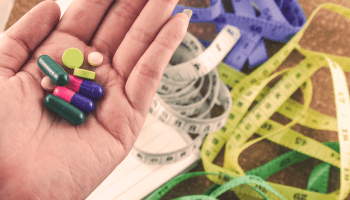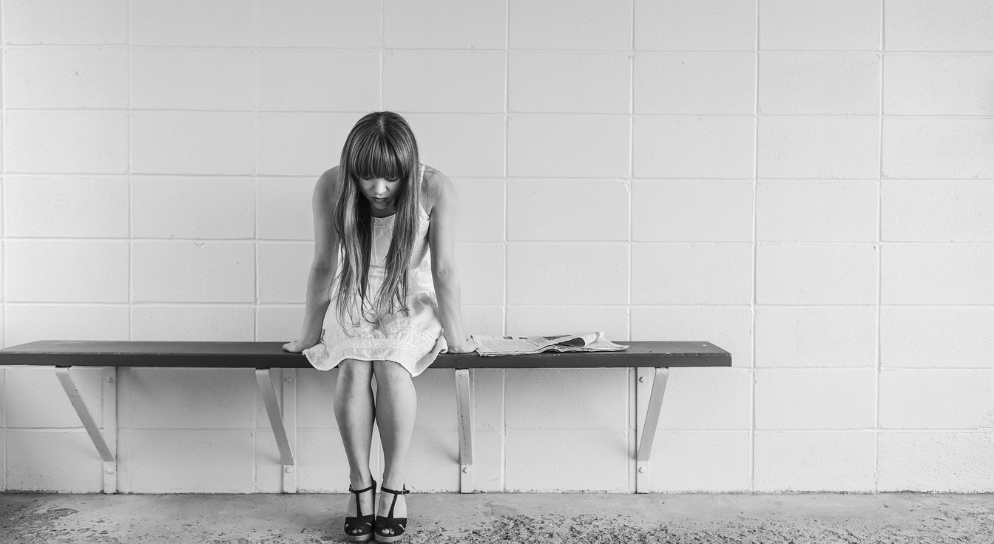Stress and anxiety are highly prevalent among incontinence patients. According to a study published on PMC PubMed Central, 48% of incontinence patients interviewed had anxiety. About 24% of participants showed moderate to severe anxiety, with older subjects having higher anxiety degrees.
One thing incontinence does is deprive you of self-independence rights and social freedom. You start living in fear of embarrassment and being socially isolated. These raise your anxiety and stress levels, taking a toll on your psychological health.
The following six strategies can help you manage incontinence-related stress and anxiety.
1. Use Reliable And Efficient Incontinence Products
Highly efficient briefs, absorbent pads, and pull-ups are a physical reminder everything is under control. They hold the urine and feces, preventing the world around you from discovering your weakness. That ensures comfort and discretion, allowing you to redirect your energy and focus on other things.
To get the right fit, try free adult diapers from various brands that help you become less self-conscious of the situation and focus on living like every other human.
Redirecting your emotional concentration to living and loving the things that matter gives you quality well-being. You get a sense of belonging, helping you build your social life and feel less anxious about your environment. It creates strong walls around your mental health, minimizing anxiety and stress symptoms.
2. Practice Kegel Exercises

Studies show how Kegel exercises are efficient in managing incontinence, stress, and anxiety. The pelvic floor is a funnel-shaped musculature comprising the iliococcygeus, puborectalis, and pubococcygeus muscles. These muscles hold the uterus, bladder, and bowel together to prevent prolapse and bladder and bowel incontinence.
Kegel exercises strengthen the relaxation, endurance, and power of these muscles. They provide support to the urethra to suppress urgency. It is a first-line treatment for incontinence. These exercises coordinate the urethra to support the normal squeezing and relaxation of the pelvic floor muscles. Your control over when to urinate comes with unwavering peace of mind.
3. Mindful Meditation
Do you know that the fear of urinating or defecating on yourself increases the odds of that happening? When you are over-self-conscious and dread losing friends and getting embarrassed, you will likely face such awful experiences.
Mindfulness meditation trains you to slow down on negative thoughts and keep your body and mind calm. It helps you eliminate those negative thoughts that make you over-stressed and anxious.
Mindful meditation brings you to the moment and helps you focus and access your feelings and sensations without judgment. You will understand and acknowledge your incontinence situation and the embarrassment and pains it might bring. That helps you have better control over wandering thoughts and manage your anxiety levels with ease. To practice mindful meditation, you must learn to let go of your negative thoughts and replace them with positive ones.
4. Changing Your Lifestyle

Your diet and lifestyle are two catalysts to quality life as an incontinence patient. Remember, incontinence-related stress and anxiety levels increase with the severity of your condition. If you can control how often you urinate and defecate by adjusting your lifestyle, why not do it? Start with reducing your fluid consumption to the recommended amounts. Use it in small amounts but several times a day.
Give up on alcohol, caffeine, and cola-infused drinks since they irritate the bladder. Minimize your intake of soups as they increase your daily intake of fluids. Maintain a healthy weight to minimize the pressure on your bladder. Avoid smoking when possible because it worsens your situation and makes you unable to control your bladder.
5. Behavioral Therapy
Incontinence patients can also alleviate their condition and soothe related stress and anxiety through behavioral therapies.
Therapies train you to control your voiding habits. You get trained on effective strategies to prevent urine loss. These treatments have proven effective for all situations, whether you have mixed, urge, or stress incontinence. Behavioral interventions guarantee high satisfaction levels, comfort, and fewer side effects.
There are several types of behavioral therapies recommended for incontinence patients. These include biofeedback, bladder training, and habit training. You can also try prompted and timed voiding to manage mental and physical stresses related to incontinence. You can combine these therapies with pelvic floor exercises and mindfulness to boost results.
6. Incontinence Support Groups And Online Resources

Support groups offer a serene and friendly environment for incontinence patients to battle symptoms such as anxiety and stress. These platforms provide the emotional support and guidance you need to manage the condition.
Health-related groups have qualified personnel to take you through the journey of recovery. You get a clear understanding of your condition and the available treatment options. In a support group, you meet people sharing the same experiences and goals.
You can find many types of support groups to enroll in. There are community, hospital-based, and nonprofit advocacy organizations. In these groups, you get educational opportunities to talk with a qualified social worker, doctor, or psychologist and discuss your health needs.
Wrapping Up
Incontinence is a challenge for many people, and it can lead to emotional trauma. Handling the extreme thoughts of urine and fecal leaks can leave you stressed and anxious.
You can manage your incontinence anxiety and stress in several ways. Join support groups, practice legal exercises, or engage in mindfulness meditation. You might need to change your lifestyle and engage in behavioral therapies.
Every step helps you to overcome the condition or instills the peace you need to keep pushing.
Read Also:




























